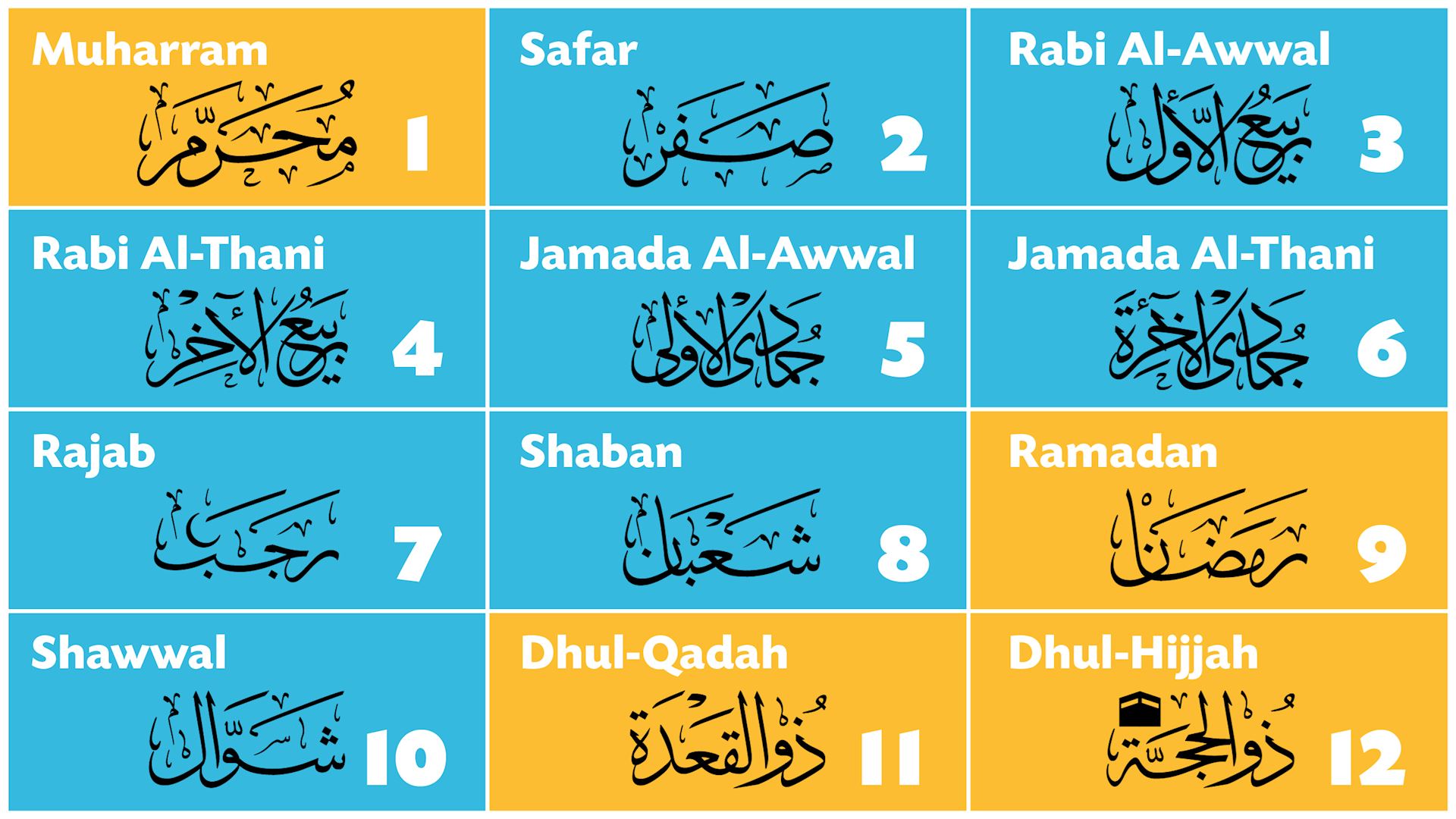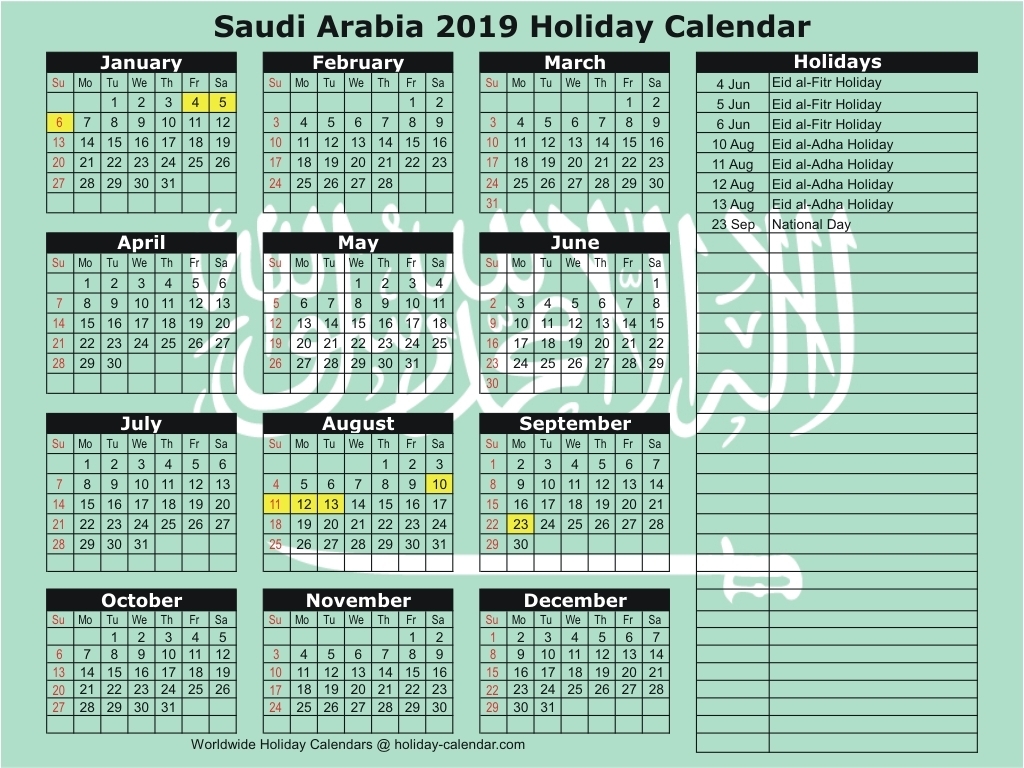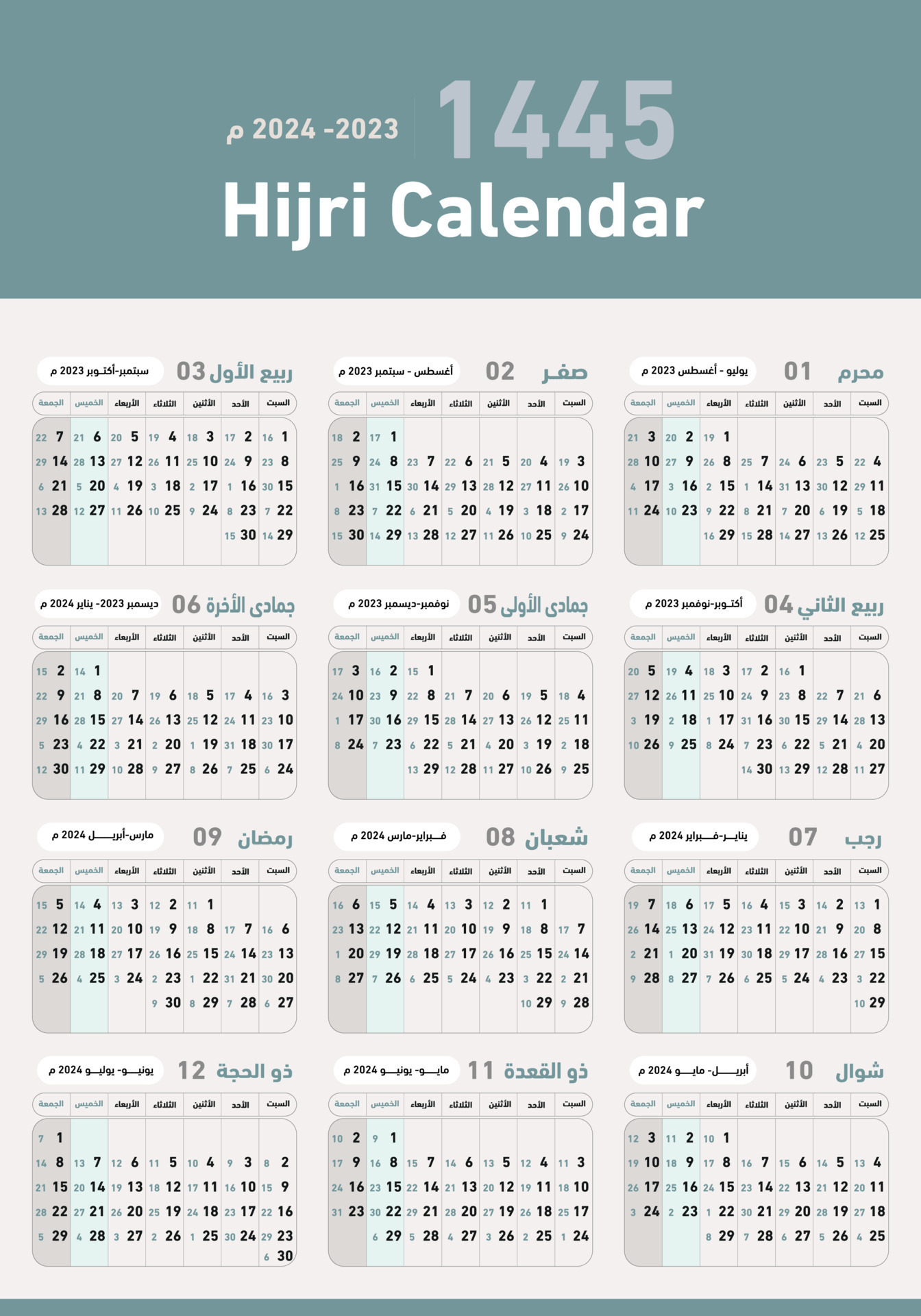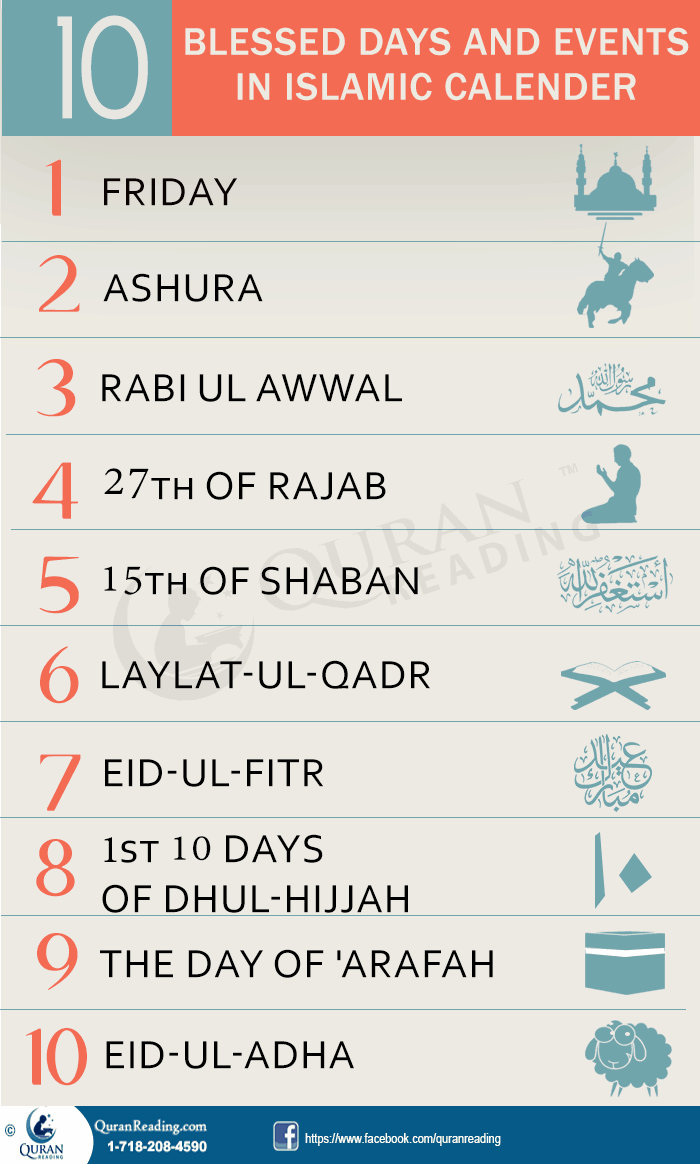Muslim Holiday Calendar 2025
Muslim Holiday Calendar 2025
Related Articles: Muslim Holiday Calendar 2025
- Large Box Calendar 2025: An Essential Tool For Time Management And Organization
- 2025 Hong Kong Calendar In Excel: A Comprehensive Guide
- 2025 Excel Calendar Template For Malaysia: A Comprehensive Guide
- 2025 New Jersey State Calendar: A Comprehensive Guide
- 2025 Indonesian Calendar PDF: A Comprehensive Guide
Introduction
With enthusiasm, let’s navigate through the intriguing topic related to Muslim Holiday Calendar 2025. Let’s weave interesting information and offer fresh perspectives to the readers.
Table of Content
Video about Muslim Holiday Calendar 2025
Muslim Holiday Calendar 2025

The Muslim holiday calendar is based on the lunar cycle, which is approximately 11 days shorter than the solar calendar. As a result, Muslim holidays move backward by about 11 days each year.
The following is a list of Muslim holidays for the year 2025:
- Muharram 1, 1447 AH: Islamic New Year (January 1, 2025)
- Ashura, 10 Muharram 1447 AH: Day of Remembrance (January 9, 2025)
- Mawlid al-Nabi, 12 Rabi’ al-Awwal 1447 AH: Prophet Muhammad’s Birthday (March 10, 2025)
- Rajab 1, 1447 AH: First day of the month of Rajab (March 23, 2025)
- Lailat al-Miraj, 27 Rajab 1447 AH: Night of the Ascension (April 18, 2025)
- Sha’ban 1, 1447 AH: First day of the month of Sha’ban (May 18, 2025)
- Ramadan 1, 1447 AH: First day of the month of Ramadan (June 16, 2025)
- Eid al-Fitr, 1 Shawwal 1447 AH: End of Ramadan (July 15, 2025)
- Dhu al-Hijjah 1, 1447 AH: First day of the month of Dhu al-Hijjah (August 13, 2025)
- Hajj, 8-12 Dhu al-Hijjah 1447 AH: Pilgrimage to Mecca (August 22-26, 2025)
- Eid al-Adha, 10 Dhu al-Hijjah 1447 AH: Feast of the Sacrifice (August 24, 2025)
Significance of Muslim Holidays
Muslim holidays commemorate important events in Islamic history and tradition. They are a time for Muslims to reflect on their faith, to spend time with family and friends, and to give thanks to God.
- Muharram 1: Islamic New Year is the first day of the Islamic calendar. It is a time for Muslims to reflect on the past year and to set goals for the new year.
- Ashura: Ashura is a day of mourning for Muslims. It commemorates the martyrdom of Imam Hussein, the grandson of the Prophet Muhammad.
- Mawlid al-Nabi: Mawlid al-Nabi is the birthday of the Prophet Muhammad. It is a time for Muslims to celebrate the life and teachings of the Prophet.
- Rajab 1: Rajab is the seventh month of the Islamic calendar. It is a time for Muslims to prepare for the month of Ramadan.
- Lailat al-Miraj: Lailat al-Miraj is the night of the Prophet Muhammad’s ascension to heaven. It is a time for Muslims to reflect on the importance of prayer and spirituality.
- Sha’ban 1: Sha’ban is the eighth month of the Islamic calendar. It is a time for Muslims to increase their acts of worship in preparation for Ramadan.
- Ramadan 1: Ramadan is the ninth month of the Islamic calendar. It is a time for Muslims to fast from dawn to sunset, to pray more, and to give more to charity.
- Eid al-Fitr: Eid al-Fitr is the end of Ramadan. It is a time for Muslims to celebrate the completion of the fast and to ask for forgiveness for their sins.
- Dhu al-Hijjah 1: Dhu al-Hijjah is the twelfth and final month of the Islamic calendar. It is a time for Muslims to prepare for the Hajj pilgrimage.
- Hajj: Hajj is the pilgrimage to Mecca. It is one of the five pillars of Islam, and it is a duty for all able-bodied Muslims to perform at least once in their lifetime.
- Eid al-Adha: Eid al-Adha is the Feast of the Sacrifice. It commemorates the sacrifice that Ibrahim made of his son, Ismail. It is a time for Muslims to give thanks to God and to share their blessings with others.
Conclusion
Muslim holidays are an important part of the Islamic faith. They provide Muslims with an opportunity to reflect on their faith, to spend time with family and friends, and to give thanks to God.








Closure
Thus, we hope this article has provided valuable insights into Muslim Holiday Calendar 2025. We appreciate your attention to our article. See you in our next article!